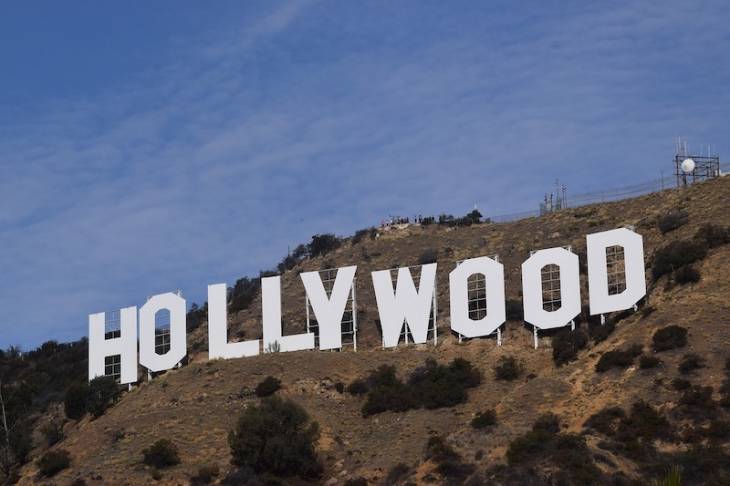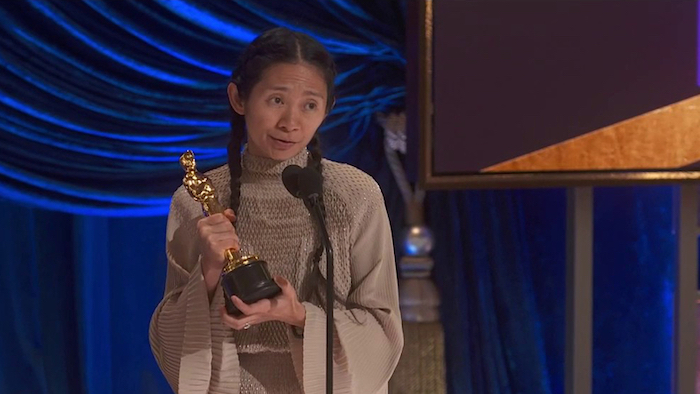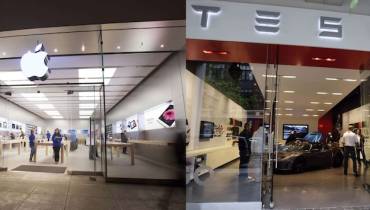The Film Industry’s Inclusiveness Problem Is Worse Than You Think

Without a doubt, last year’s Oscar ceremony was a good one for the inclusion of minorities, one of the most pressing issues in the film industry.
The 93rd Academy Awards saw Chloé Zhao, the second woman, first woman of color, and first Asian woman ever to win Best Director (Nomadland), and the first two black women to win for Best Makeup and Hairstyling (Mia Neal and Jamika Wilson for Ma Rainey’s Black Bottom).
Travon Free became the first African-American to win for Best Live-Action Short, and Yuh-Jung Youn became the first Korean Academy Award winner ever, in the Best Supporting Actress category. Deaf actress and activist Marlee Matlin even presented the awards for the documentary category in American Sign Language.
Indeed, the press surrounding the ceremony paralleled the much greater level of current general media attention about the lack of inclusiveness of minorities and women in Hollywood productions.
However, last year’s especially inclusive Oscar wins were just exceptions that prove the rule about who is and isn’t allowed to make their way in Hollywood. A deeper look reveals an established film industry hardly structured for real change.
Recent Inclusiveness Gains: Paradigm or Pittance?
Some inclusiveness gains have been more than just one-offs. For example, in 2020, the proportion of film leads and overall cast members who were female, as well as those of people of color, approached or equaled their overall proportion in the American populace.
However, the devil is in the details with such numbers. Despite the increase in minority leads, only one minority actor, Halle Berry, has ever won for Best Actress, and only five African American men have won Best Actor, with the last one being Forest Whitaker in 2006.
Consider the ridiculousness of so few African American actors winning these highest of accolades despite so many great performances.
Such numbers tell a bleaker story for members of other minority groups, too, with the proportion of speaking roles for some groups in the 100 top-grossing films of 2019 severely mismatching the representation of these groups in the overall population, with only 1.4% featuring LGBTQ actors and only 2.3% featuring actors with disabilities.
While Chloé Zhao’s Oscar is well-earned and a cause for celebration, you shouldn’t expect her individual achievement to signal systemic change. After all, out of 2020’s 205 total non-acting nominations—for roles such as writer, editor, director, and producer—only 32% of them went to women, a gain of only 2% from 2019.
Despite Neal and Wilson’s historic win for Black hair and makeup artists previously mentioned, the status quo of hairstyling for African American actors is far from ideal, with too many stylists not knowing how to work with African American actors’ hair, or not enough of them being hired.
Such an incongruous mix and match of progress belies the way the established movie industry tends to overemphasize its one-offs in the name of a systemic, structural improvement that just isn't happening.
Going Even Deeper into the Smokescreen of Individual Achievement

Chloé Zhao has made history at the Academy Awards. Zhao won the Oscar for best director for "Nomadland," becoming just the second woman and the first woman of color to win the award.
Although tokenism is a strong word, the way minority actors are recognized doesn’t stray far from its definition—a symbolic effort to mask concrete changes that severely need to be made.
For example, 20% of Honorary Oscars have gone to African American actors despite them receiving just a tiny fraction of Best Actor/Actress and Best Supporting Actor/Actress nominations and wins historically. To the established film industry, people of color are apparently more acceptable in an honorary way but not so much as mainstream achievers.
What’s more, some big names in Hollywood have pointed out some of the more hidden issues from their own experience. For example, John Boyega has famously pointed out that his character in the final three Star Wars episodes was marketed in a way that didn’t nearly match the expected status of the character he played.
Being Upfront About What’s Behind the Screen
At its most profound level, token inclusiveness involves the problems in the film industry located farthest from what moviegoers see on the screen. As Northwestern professor and author Aynman Jean Christian points out, real change starts at the executive level.
Correspondingly, a whopping 92% of CEOs and chairpersons in the established movie industry are white and 68% of them are men, facts revealing how severe lack of inclusiveness is at a foundational level.
This discrepancy is striking when considering how slow change has been, too. For example, the number of women working as producers, executive producers, and editors rose just 3% in the 20 years between 1998 and 2019!
While such numbers are abysmal, they don’t have to be. Technology and a rapidly growing awareness of inclusiveness issues in the film industry now demand ways audiences can get their movie on in a much more inclusive way and supplement the sluggish status quo.
Technology Innovation Helping Bypass Film's Inclusivity Problem
Reports show that movie fans want more diversity. That’s why, more and more, platforms like Film.io are emerging as that dream realized.
Using fundamental blockchain protocols and artificial intelligence (AI) to transform and re-architecture today’s filmmaking ecosystem onto the blockchain, Film.io has designed a filmmaking environment that is decentralized, inclusive, transparent, consensus based, and efficient.
The complete transparency of Film.io’s blockchain—a cutting-edge work of decentralized film financing in its own right—prevents any hidden issues, such as lack of inclusiveness, from derailing its platform’s mission, culture, values, or process.
Indeed, fans not only play a fundamental role toward greenlighting films, but they also can benefit in ways fans usually can’t—financially. By using FAN Tokens, fans are able to participate in Film.io’s Decentralized Autonomous Organization (DAO) and earn rewards of valuable movie coin.
Ultimately, with innovative tech solutions like Film.io, there’s no need for progress in inclusiveness because tokenism and exclusion are never there in the first place. But is that the only solution to the film industry's persistent problems regarding inclusiveness?




















